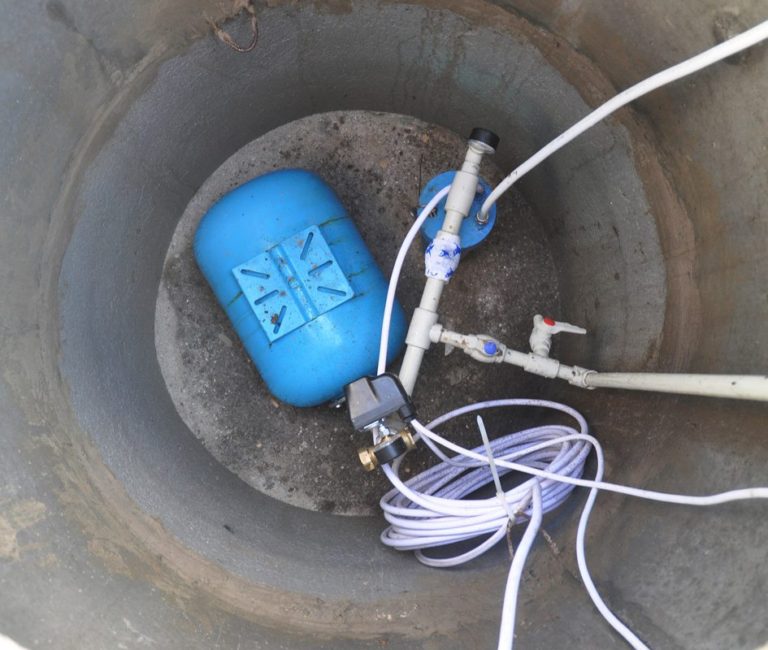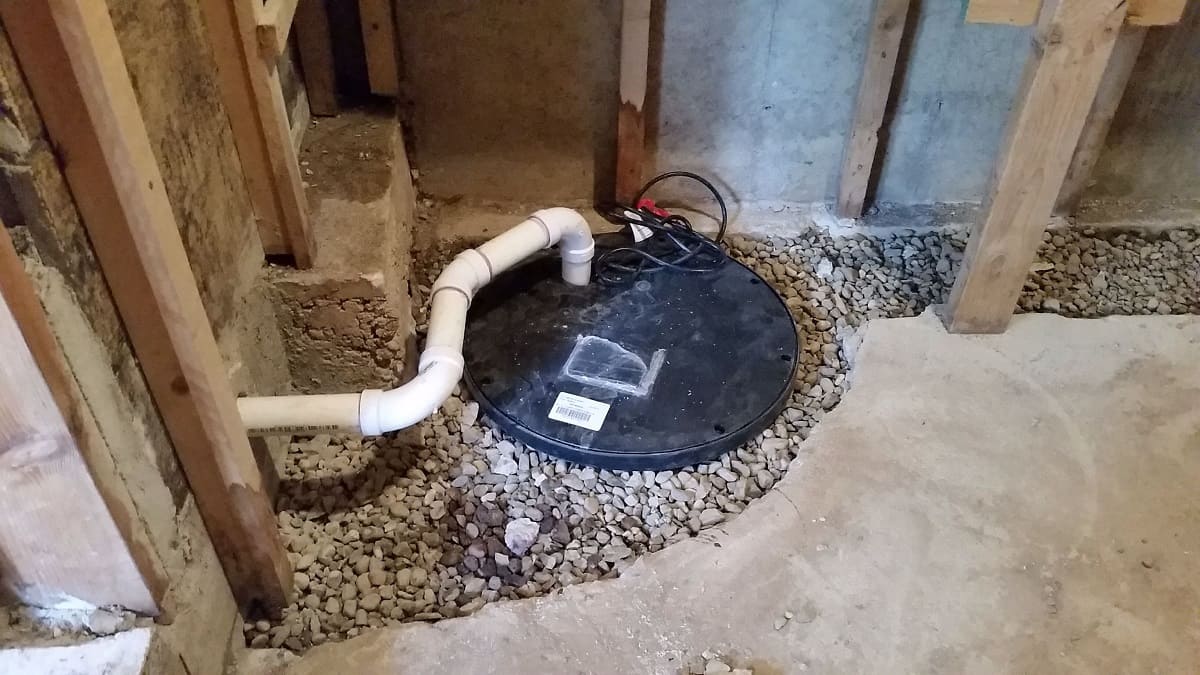Best Techniques for Cleaning a Sump Pump
Best Techniques for Cleaning a Sump Pump
Blog Article
Any individual seems to have their own individual assumption with regards to How To Effectively Clean A Sump Pump.

Sump pumps are essential elements in several homes, specifically in areas vulnerable to flooding or extreme dampness. They assist prevent water damage by effectively getting rid of excess water from cellars or crawl spaces. Nevertheless, like any other home appliance, sump pumps require normal maintenance to ensure they work successfully when required the most. Cleaning your sump pump is an essential part of its upkeep, and understanding exactly how to do it appropriately can save you from expensive repair services and potential catastrophes.
Intro
Preserving a tidy sump pump is crucial for its appropriate functioning and durability. Ignoring this important job can cause clogs, breakdowns, and inevitably, water damages to your residential or commercial property. Therefore, learning exactly how to clean up a sump pump is important for homeowners that depend on these gadgets to keep their cellars dry and secured.
Signs of a Dirty Sump Pump
Recognizing when your sump pump requires cleaning is critical for preventing possible breakdowns. Some common indications that indicate an unclean sump pump consist of weird noises during operation, reduced water circulation, and noticeable debris in the pit. If you see any one of these symptoms, it's vital to clean your sump pump quickly to stay clear of any kind of further issues.
Preparing for Cleaning
Prior to you begin cleansing your sump pump, it's vital to take some safety and security precautions. Beginning by turning off the power to the pump to avoid any type of electrical accidents. In addition, put on appropriate safety equipment, such as handwear covers and safety glasses, to safeguard on your own from dirt, debris, and possible virus.
Comprehending the Sump Pump
Prior to diving into the cleansing process, it's vital to have a standard understanding of how a sump pump works. Commonly installed in a pit or container listed below the cellar floor, a sump pump consists of several vital components, including a pump, a float switch, and a discharge pipeline. When water builds up in the pit, the float switch triggers the pump, which then pumps the water out via the discharge pipeline, away from the structure's foundation.
Step-by-step Overview to Cleansing a Sump Pump
Shutting down the Power
Begin by disconnecting the power supply to the sump pump to avoid any type of accidents while cleaning.
Looking For Correct Performance
Before re-installing the pump, execute a quick test to guarantee that the float switch triggers the pump correctly. Pour some water right into the sump pit and observe the pump's operation. If whatever is working properly, you can rebuild the pump and reconnect the power supply.
Getting Rid Of Particles and Dirt
Utilize a container or a scoop to remove any kind of visible particles, dirt, or sediment from the sump pit. Dispose of the particles appropriately to prevent it from obstructing the pump or the discharge pipe.
Cleaning up the Pump and Drift Switch Over
As soon as the pit is clear of particles, very carefully remove the pump from the pit. Inspect the pump and the float switch for any type of indicators of damage or wear. Make use of a soft brush or cloth to clean the surface areas and remove any type of accumulated grime.
Purging the System
After cleaning the pump and float switch, purge the sump pit with tidy water to get rid of any remaining dirt or sediment. This will assist guarantee that the pump runs efficiently and effectively.
Upkeep Tips to Maintain Your Sump Pump Clean
Along with periodic cleaning, there are several maintenance pointers you can comply with to keep your sump pump in optimal problem:
Verdict
Cleansing your sump pump is a vital element of its maintenance and guarantees that it runs efficiently when you require it one of the most. By adhering to the actions laid out in this guide and integrating routine upkeep into your regimen, you can expand the lifespan of your sump pump and protect your home from water damages.
6 STEPS ON HOW TO CLEAN A SUMP PUMP PROPERLY
UNDERSTANDING SUMP PUMPS
Your sump pump plays a crucial role in protecting your home by managing and removing excess water. It primarily functions as a “shield”, guarding your basement against the damaging effects of water accumulation. The pump is housed in a sump pit in the lowest part of your basement, and its job is to pump out any water that collects there.
During heavy rainfalls or when snow melts rapidly, water can infiltrate your basement, posing potential risks like flooding, structural damage, and harmful mold growth. Here, the sump pump springs into action, pumping out the intruding water and directing it away from your home.
SAFETY FIRST
Before cleaning, remember to prioritize safety. Disconnect the sump pump from the power source to prevent any accidental electric shocks. Also, wear sturdy gloves to protect your hands from any sharp or dirty components within the pump.
REMOVE THE SUMP PUMP
After ensuring your safety, the next step is to remove the sump pump from its pit. Doing this might require careful maneuvering as you don’t want to damage any pump components. Once removed, clean the sump pit to remove any accumulated debris or sludge.
INSPECT THE PUMP
Inspect the pump for any visible signs of wear or damage. Check the power cord, float switch, and impeller housing. If any components look worn out or damaged, consider replacing them to ensure optimal performance.
CLEAN THE PUMP
Thoroughly clean the pump with warm, soapy water. Make sure to rid it of any dirt, gravel, or other debris that might impede its performance. You can use a toothbrush to clean the small, hard-to-reach parts of the pump.
REINSTALL THE SUMP PUMP
Reinstall the pump into the sump pit Make sure it’s positioned correctly to remove the water effectively Once it’s back in place, reconnect it to the power source TEST THE PUMP
Finally, pour some water into the pit to ensure the pump works correctly. It should start automatically and begin pumping out the water; if it doesn’t, check the power source and the positioning of the pump.
Remember, while cleaning your sump pump is an essential part of home maintenance, hiring a professional plumber for a thorough inspection and cleaning at least once a year is also important. This will ensure that your pump is in optimal condition, ready to protect your home from potential water damage.
BEST PRACTICES FOR CLEANING SUMP PUMP DISCHARGE PIPES
Regular Inspection: Regularly inspect your discharge pipes, especially during heavy rainfall or snowmelt periods. Look for any signs of blockage or damage. Early detection of problems can prevent serious issues down the line. Periodic Cleaning: Over time, sediment and debris can accumulate in the discharge pipes, impeding the flow of water. Regular cleaning helps keep the pipes clear and functioning efficiently. You can use a high-pressure water jet to effectively clean the pipes. Insulation During Winter: In colder climates, discharge pipes can freeze, blocking the outflow of water. Protect your discharge pipes from freezing temperatures by insulating them with foam pipe insulation. This will ensure the sump pump can continue to discharge water even in freezing conditions. Proper Positioning: The discharge pipe should be positioned to direct water away from your home’s foundation. Improper positioning can lead to water seeping back into the basement. Ensure the pipe is long enough and angled correctly. Installation of a Check Valve: A check valve prevents water from flowing back into your sump pit after the pump has pushed it out. Installing a check valve helps maintain the efficiency of your sump pump and reduces the risk of flooding. Minimize Pipe Turns: Every curve or turn in the discharge pipe can decrease the efficiency of water flow. By minimizing turns and bends in your discharge pipe, you can increase the efficiency of your sump pump. https://www.fullspeedplumbing.com/how-to-clean-a-sump-pump-properly9999/

I was shown that article about How to Care for Your Sump Pump through an associate on our other website. Enjoyed reading our write-up? Please share it. Help others locate it. Bless you for being here. Return soon.
Book Service Report this page